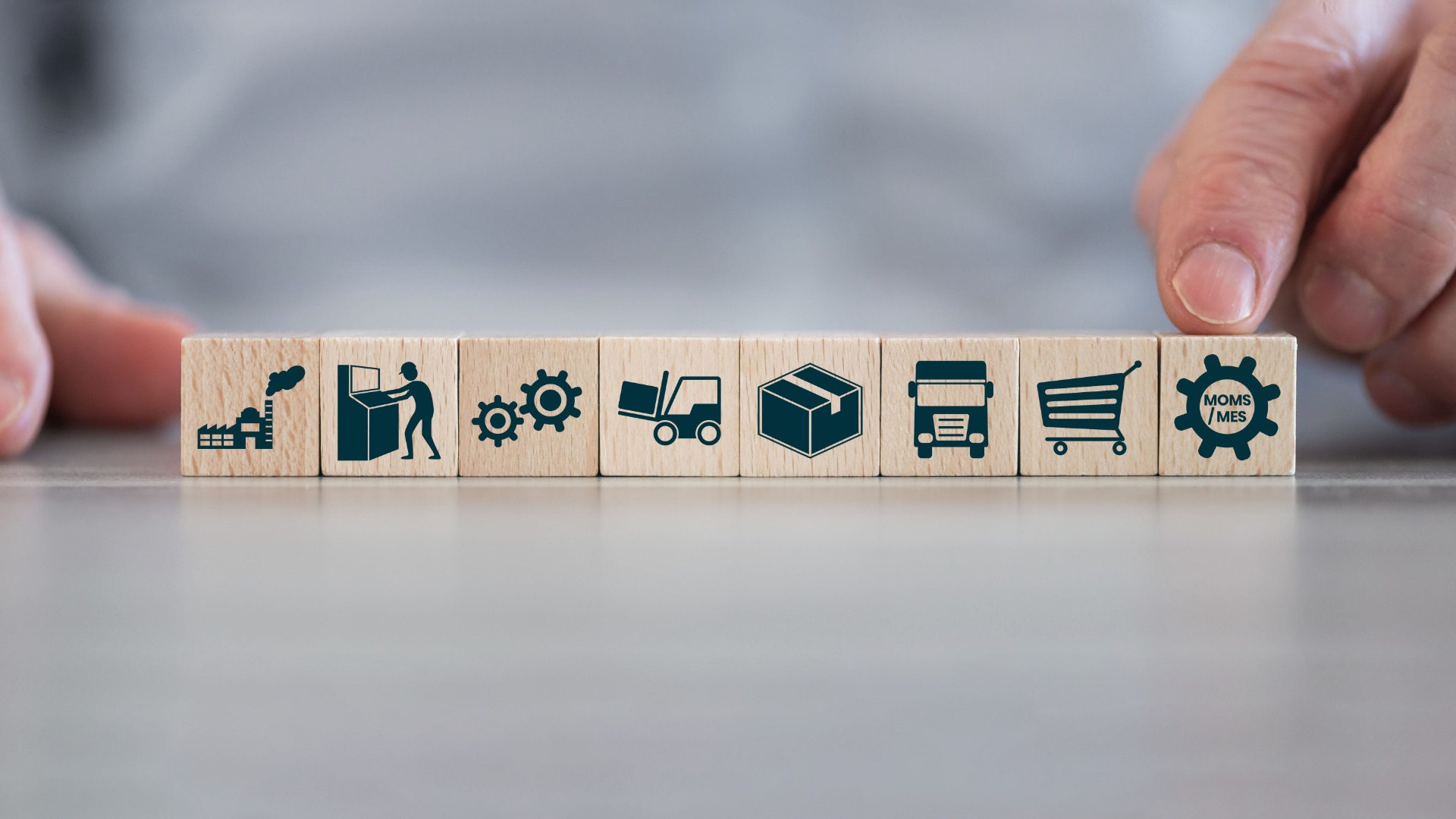Those who want to digitize, and register (by means of scanners and other devices) can build up a lot of information through MOMS, data that is forever linked to each and every order that was started digitally. This makes a much better traceability possible, one of the (inevitable) requirements when working for the food industry, among others.
Gigantic time savings come within reach
Imagine there is a customer complaint, how long does it take you to gather all the relevant information (from folders, spreadsheets, from employees,...) about it?
'A few days' is the most common answer. This may not be an exception, but it does illustrate how obscure, difficult to access and not very transparent the data of the complete production flow is in reality in a lot of companies.
If set up properly - from reception to shipping of goods - a MOMS, on the other hand, allows those 'few days' required for information gathering to be reduced to mere seconds.
Process data accessible within seconds
Information on raw materials, packaging, but also insight into the kinds and outcomes of any quality controls... These are just some of the data that a MOMS can collect.
"MOMS can make the entire order context accesible in a digital manner."
For example, you can immediately determine how high the temperature was during the course of an order, certainly in the food industry one of the most critical production parameters. Those are typical insights that a MOM system can provide where an ERP system's Track & Trace functionality would fail.
You can see which routing an order has followed through production, which operators have helped with this, which equipment has been used, which parameters were sent to a machine, etc.
In other words, MOMS makes the entire order context available in a digital manner, something that benefits every company active in the food industry!

